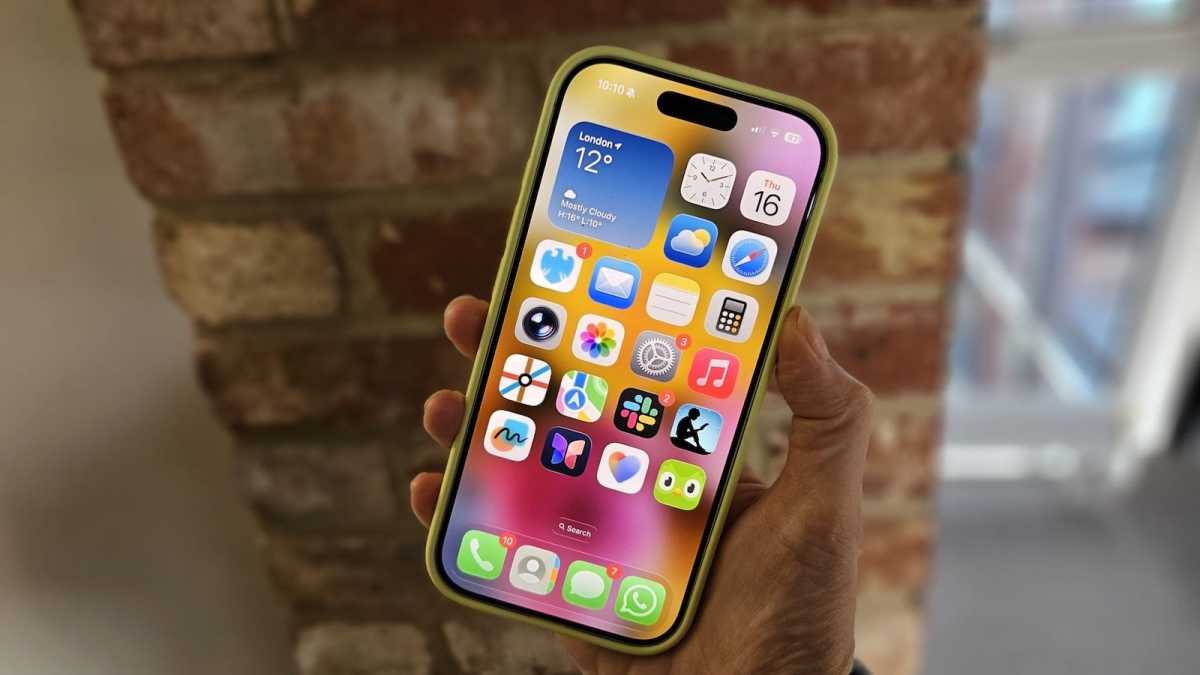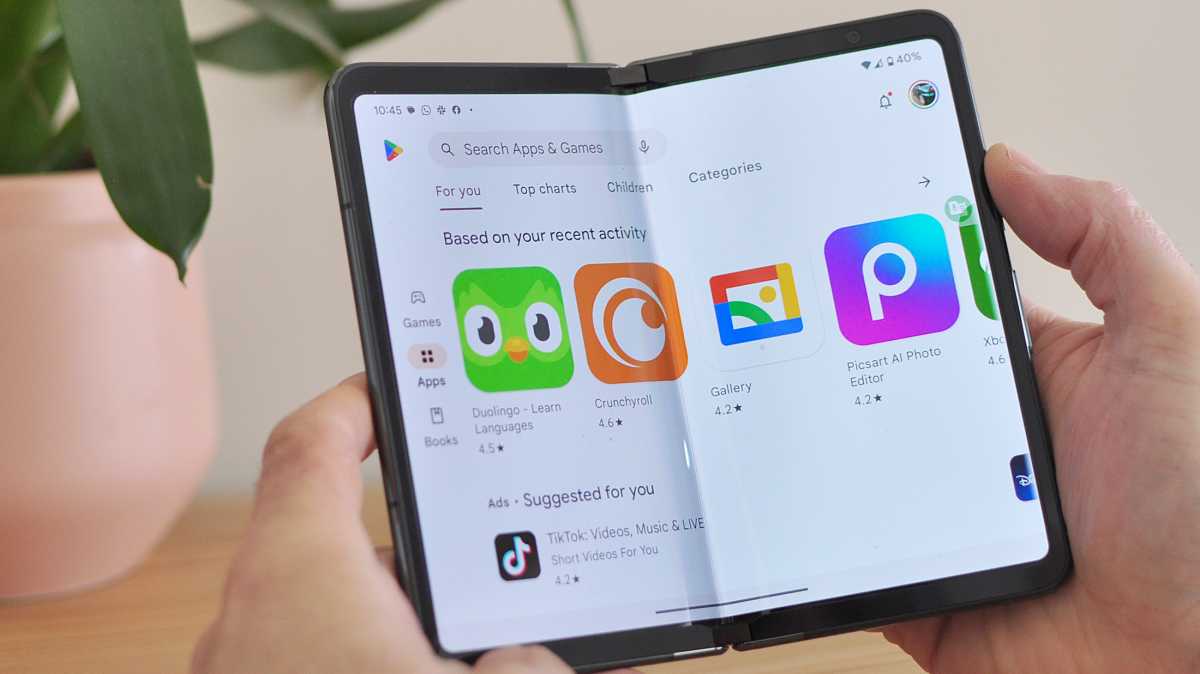In summary
- CMA designates ”strategic market status” to Apple and Google
- Apple may be forced to allow third party app stores
- Apple could omit features from future UK iPhones
Apple may be forced to allow rival app stores to operate on its smartphones here in the UK, which could theoretically lead to the situation where the Google Play Store is accessible on an iPhone.
As the BBC reports, the Competition and Markets Authority (CMA) has issued a ruling on Apple and Google’s exclusive use of its own app stores on iOS and Android respectively.
The UK competition regulator labelled the position both companies hold as ”strategic market status”, meaning they wield a large amount of power over the mobile market. That sounds to be a rather obvious statement, but it could inform some serious changes going forward.
While no radical changes have been demanded by the regulator as yet, it did publish a roadmap of potential measures in July.
One potential demand is that Apple allows alternative app stores onto its iPhone and iPad devices, as well as direct app downloads from company websites. Google already allows these things on Android.

Emma Rowley / Foundry
Apple’s tit for tat
It’s worth noting that the UK isn’t blazing any trails here. The EU has had a fractious relationship with Apple, and previously made a similar conclusion to the CMA. It even fined Apple for anti-competitive behaviour back in April.
Unsurprisingly, Apple isn’t taking this attack on the sovereignty of its walled garden lying down. “Apple faces fierce competition in every market where we operate, and we work tirelessly to create the best products, services and user experience,” it said.
“The UK’s adoption of EU-style rules would undermine that, leaving users with weaker privacy and security, delayed access to new features, and a fragmented, less seamless experience.”
We’ve already seen some of the consequences for such a governmental crackdown in the form of only partial Apple Intelligence features being offered in the EU. If this CMA ruling is enforced, it could mean Apple withholding key new features from future versions of iOS here in the UK.

Jim Martin / Foundry
What are you laughing at, Google?
Interestingly, Google may not escape from this CMA ruling unscathed either. While it does indeed allow third party app stores and direct website downloads on Android, the process is far from seamless.
I can attest to the fact that it can feel a little sketchy using one of the many alternatives on an Android device, even if I haven’t bricked or corrupted a phone yet by doing this.
The aforementioned CMA roadmap mentioned that Google may be asked to fundamentally alter the third party App Store experience to make it more intuitive.
Unsurprisingly, then, Google’s has responded to this CMA finding in a less than positive fashion. “We simply do not see the rationale for today’s designation decision”, said Google competition lead Oliver Bethell.
Google points to the fact that Android is inherently open source, and can be utilised by developers for free. It also claims that a “majority of Android users” already make use of third party app stores or direct website downloads, suggesting that the process is already plenty intuitive enough.
The CMA’s previous roadmap also included the potential requirement to make it easier to switch between Android and iPhone – something that has already become a lot easier in recent years, but can always be improved.













